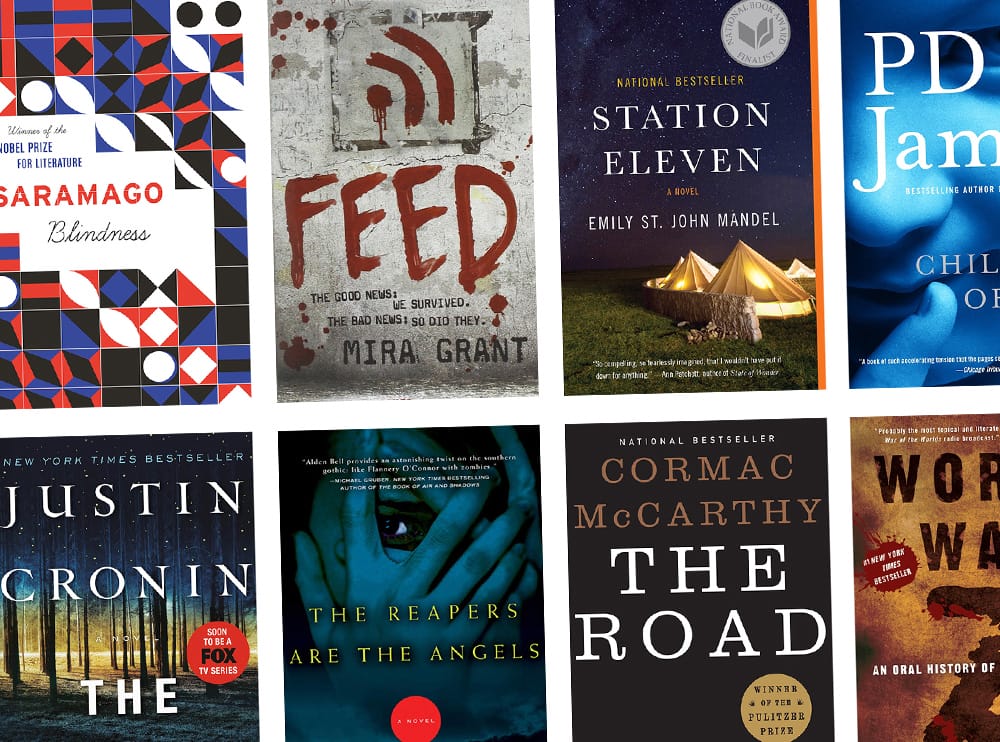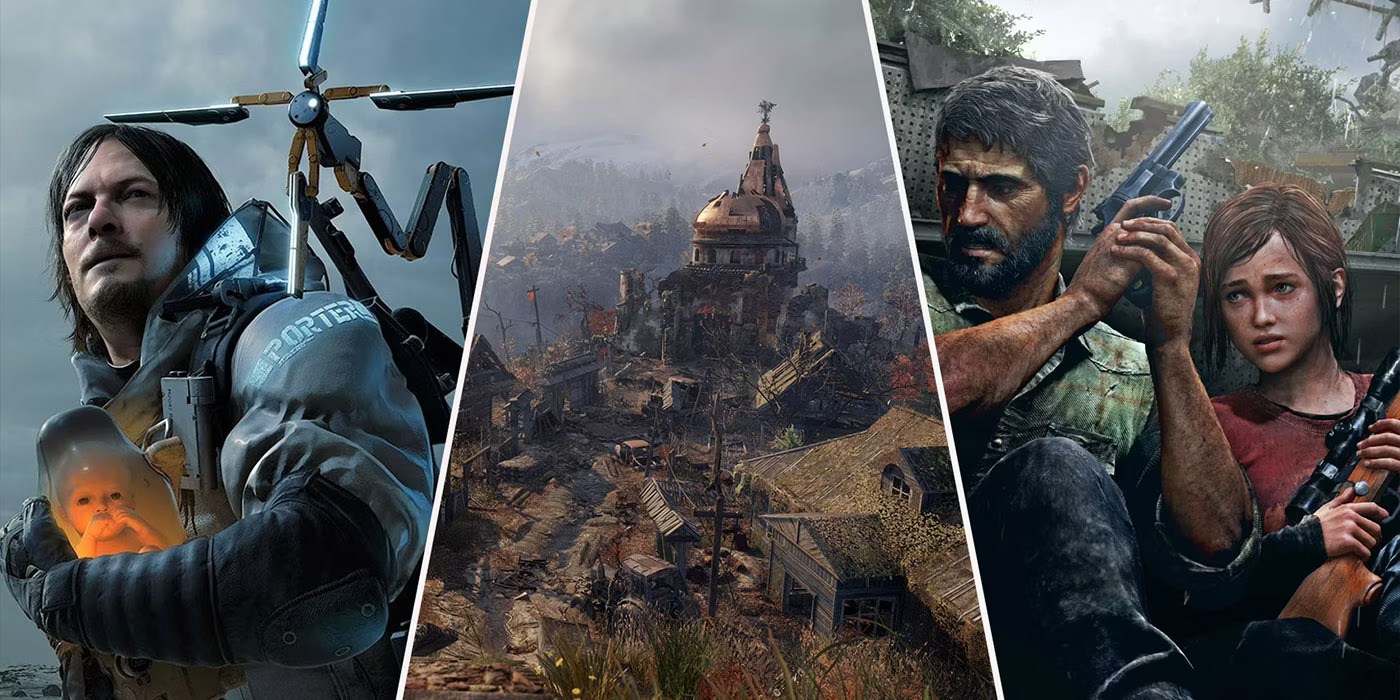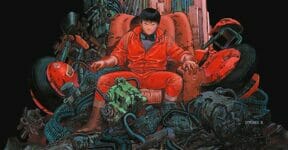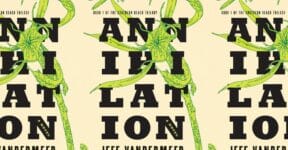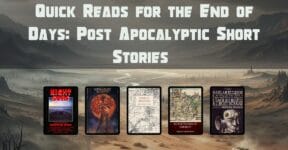Post-apocalyptic narrative has become commonplace since the dawn of the literary world, and yet new stories still emerge every few months from both budding and established authors alike. Whether you want short stories, novellas, full-length novels, or even non-fiction survival guides, there is always something to feed your imaginative mind with intriguing tales of disasters and the struggles that follow. Did you know that you can also get free post-apocalyptic books in PDF? We don’t condone piracy here, but there is a legitimate way of getting great books at no cost at all.
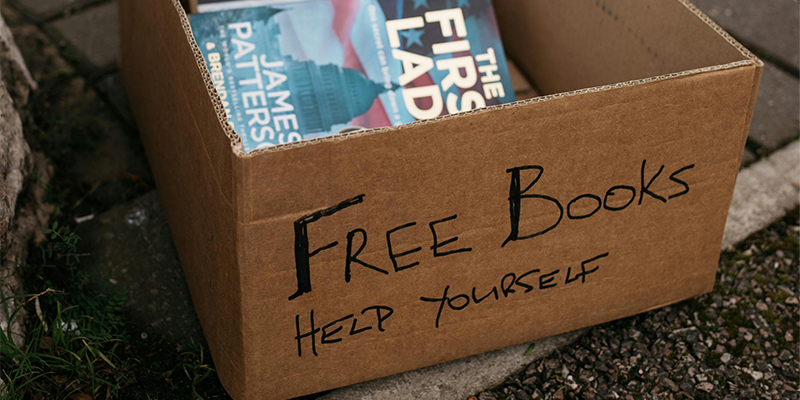
Most of these free books are classics and available for download in various formats. If you cannot find them in PDF, you can always convert them yourself later. There is nothing wrong with changing the formats as long as you don’t claim them as your own. And just because the books are free doesn’t mean they’re not good enough. When we say classics, we aren’t referring to the kind that Richard Matheson, Isaac Asimov, or Stephen King wrote; we’re talking about books that even they would consider classics.
The Last Man by Mary Shelley
If you think you’ve heard the name before, it’s likely because she also wrote the widely popular Frankenstein (1818). About eight years after Frankenstein came out, Mary Shelley delivered another great work she called The Last Man, one of the first dystopian sci-fi novels ever. But it wasn’t always viewed favorably. During the early days of its publication in 1826, reviewers found the book sickening with all the unnecessary cruelties and thought Shelley’s imagination was somewhat unhealthy. Of course, reviewers back then couldn’t have possibly known better.

It is a story about isolation, death, loneliness, an unstoppable plague, and human extinction. The Last Man is a long and sometimes difficult read, yet it holds much relevance to our world today. In contrast to the old-school reviewers, modern analyses have given nothing but praise for Shelley’s vivid depiction of helplessness and the threat of human-made global catastrophe.
The Poison Belt by Arthur Conan Doyle
First published in 1913, The Poison Belt is the second novel in Arthur Conan Doyle’s Professor Challenger series. It is preceded by The Lost World (1912) and followed by The Land of Mist (1926). The series continues with two short stories, When the World Screamed (1928) and The Disintegration Machine (1929).

Some reviewers call The Poison Belt a “cosy catastrophe,” which, according to Oxford Reference, is a disaster or post-apocalyptic story where characters make the best of the situation for self-indulgence purposes (and no, that is not a misspelling of the word “cozy”). As the story goes, Earth is about to pass through a belt of an unusually toxic ether somewhere in its orbit. When that happens, any living organism that relies on air for life will be suffocated to death. In the interest of science, our main characters gather in an airtight room full of oxygen so they have a few more hours to witness a mass extinction event.
Darkness and Dawn by George Allan England
A collection of three novellas originally published between 1912 and 1914, Darkness and Dawn chronicles the story of an engineer and his secretary as they wake up 1,500 years after Earth was destroyed by an asteroid impact. Human civilization as they knew it is gone, replaced by a completely different society.

Because our two heroes for some reason haven’t aged a bit since the apocalypse, they work their way to rebuild the world. A word of caution: there might be elements of implied racism in the story, as the villains are of African-American descent, although it is never clearly stated as such. The aggressive “hordes” are not exactly humans but hominids that walk upright and have bluish-gray skin. Another point to mention is that the main male character often refers to civilized humans as being white.
The Lost Continent by Edgar Rice Burroughs
A post-apocalyptic story by means of isolation is what The Lost Continent discusses. In an unfortunate event where most countries are involved in a global war, the Americans decide to close their borders and sever connections with everyone. “Americans” include everyone from South, Central, and North America. By the end of the war in the 22nd century, every other country has been practically consumed by devastation.

All regions of the world east of Greenland and west of Alaska have turned back into unexplored territory. Everywhere is post-apocalyptic except for the Americas. It almost goes without saying that some Americans are set to be the adventurers to explore the world they once left behind.
This Crowded Earth by Robert Bloch
It might not be strictly post-apocalyptic, but it is so bizarre you wouldn’t mind it being listed here. The story begins with Harry, an ordinary person with a small home and a regular job. Like every other man in the story, he is thinking about solving the world’s overpopulation problem, so perhaps he can get a bigger house with two rooms instead of just one.

Humanity apparently have learned that wars could kill people, so there isn’t war of any sort for long. Medical science has also advanced a great deal to the point where people are basically immune to all diseases. Earth is ridiculously crowded, because no one dies easily. Birth control doesn’t work either for reasons clearly mentioned in the book. Will something like you’ve seen in the 2017 film Downsizing work? Maybe not.
Post-apocalyptic literature offers a fascinating glimpse into the resilience of humanity and the potential futures that could befall our world. Embracing the classics can provide a deeper understanding of the genre and its evolution over time. And best of all, many of these timeless pieces are available for free. So, grab your device, download a book, and prepare to be transported to the desolate worlds crafted by the visionary minds of the past.
Remember, while these stories might be fictional, the lessons they impart about survival, hope, and the human spirit are timeless and universally applicable. Happy reading, and may you never have to put your post-apocalyptic survival skills to the test!
We think eBooks, regardless of the format, are among the greatest things ever invented. Apart from the easy archiving matter, the digitization of printed paper makes reading much more accessible. Instead of going to the bookstore and looking for books that’s already sold out, eBooks are always available because they’re digital. You can download an entire book in just few seconds and store hundreds of them in one single device. Many eBooks are often put on sale for a less than $5; some great classics are entirely free.
Do you have a collection of eBooks? Do you think classic post-apocalyptic are still relevant to the world today? We’d love to hear from you.
Other Things You Might Want to Know
When diving into the world of free eBooks, especially those in the public domain, it’s important to keep in mind a few things:
– Legality: Make sure the site you’re downloading from offers legitimately free eBooks. Project Gutenberg, for instance, is a great resource for public domain books.
– Format: While PDF is a common format, sometimes you might find eBooks in ePub or MOBI format. These can be easily converted to PDF if necessary, using free software like Calibre.
– Quality: Free eBooks can vary in quality. Look for versions that have been proofread or updated to ensure a more enjoyable reading experience.
– Historical Context: Older post-apocalyptic stories may contain outdated societal views or language. Reading them with an understanding of their historical context can provide insight into past perspectives.
How to Find These eBooks
To find these free post-apocalyptic eBooks, you can start by visiting websites like:
– Project Gutenberg: A massive library of over 60,000 free eBooks that are in the public domain.
– ManyBooks: Offers a vast collection of free eBooks in various formats, including PDF.
– Internet Archive: A non-profit library of millions of free books, movies, software, music, websites, and more.
– Open Library: An initiative of the Internet Archive, it’s an open, editable library catalog with access to millions of eBooks.
– Google Books: While not all books here are free, you can find many classic works available for download in PDF format.
Tips for Enjoying Your Reading Experience
– E-Readers: Consider using an e-reader or an e-reader app on your smartphone or tablet for a more comfortable reading experience. E-readers are designed to be easy on the eyes, especially when reading for long periods.
– Take Notes: Many e-reader apps allow you to take notes, highlight text, and bookmark pages. This can enhance your understanding and enjoyment of the book.
– Join Discussions: Look for online book clubs or forums discussing post-apocalyptic literature. Sharing insights and discussing the themes can enrich your reading journey.
Check out other articles by month:

